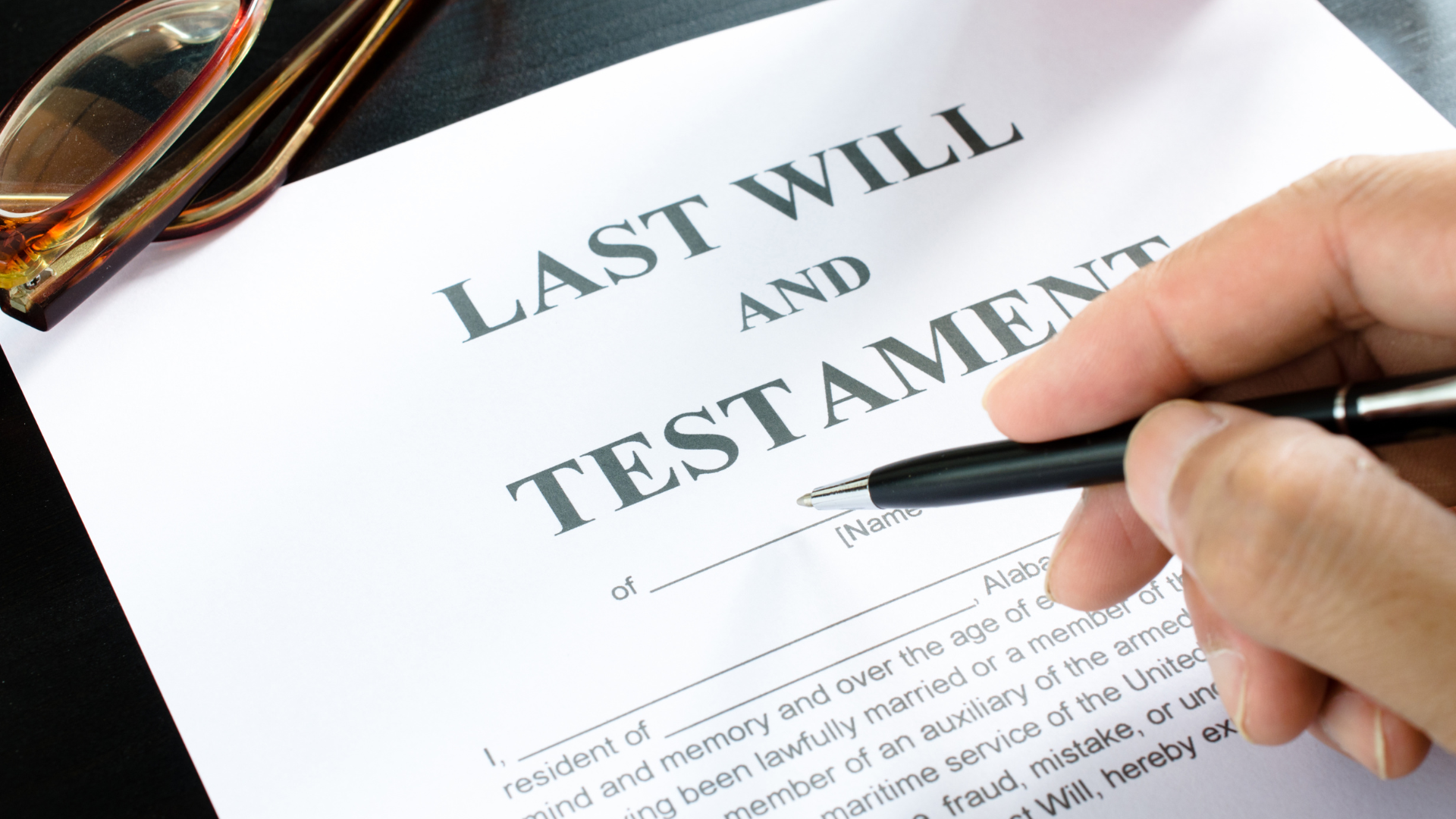Do you need an attorney for trademark registration?
Do you need an attorney for trademark registration? That is a question that many business owners want the answer to before making the decision to hire a trademark attorney.
The short answer is “no” if you’re a trademark applicant, registrant, or party located in the U.S. or one of its territories. You can file a trademark application online using the tools provided on the website of the United States Patent and Trademark Office – USPTO.gov.
However, in some instances that online registration process can be complicated. If your application contains errors, the result could be a delayed approval or even a refusal. A trademark attorney will not only provide you with legal advice, but will also offer guidance as you progress through the process from filing to approval.
The benefits of hiring an attorney are many. Your attorney can provide answers to questions you may have about the trademark registration process that may not be answered on the USPTO website. A trademark attorney can also:
- Determine whether your chosen trademark is legally protected
- Determine the appropriate filing basis for your application
- Help you to understand the extent of your trademark rights and how best to enforce them
- Provide advice on the selection of your trademark and how to use it on your products and/or services
- Defend against any challenges brought against your trademark by others
How thorough is your trademark search?
Although you can perform a trademark search on your own, hiring a trademark attorney to perform a more in-depth clearance search can help determine if your trademark is original and available for your use and registration. This decreases your chances of having costly legal problems in the future due to potentially conflicting trademarks.
A trademark attorney can help you create an exact, precise description of your trademark which is important to the application process. Many applications result in a rejection due to incomplete or vague descriptions. If your filing is refused, your attorney can file a response on your behalf.
Many businesses based in other countries want to register for U.S. trademarks. Since trademark laws are specific to each country, you’ll want to engage the services of a U.S. trademark attorney who can provide guidance and legal advice throughout the application process and can respond if your trademark is rejected.
Starting the process, the right way
If you’re undecided about whether to hire an attorney to assist you with registering for a trademark, the best place to start is checking out the USPTO.gov site about hiring a U.S – licensed trademark attorney.
In the San Diego area, Shawn Leo, business attorney at The Leo Law Office, will work with you when applying for trademarks for your new business as well as in other areas of business formation, including compliance.
If you need help with trademark registration or other issues surrounding business formation and corporate governance, contact our office to request a free consultation.



